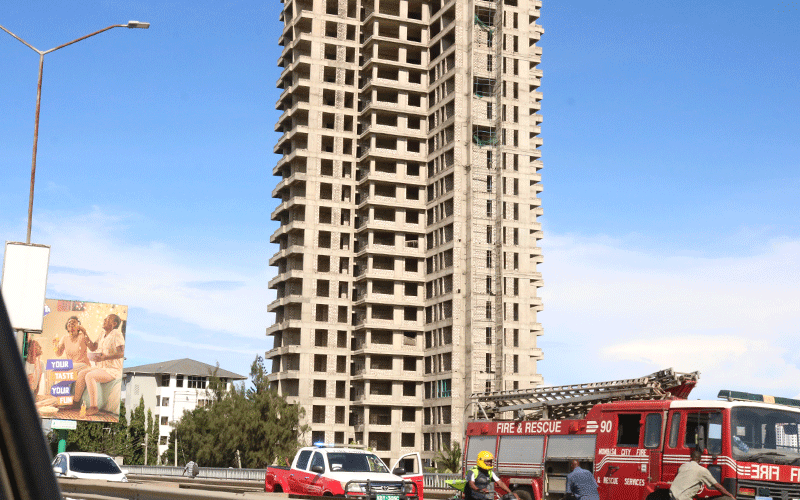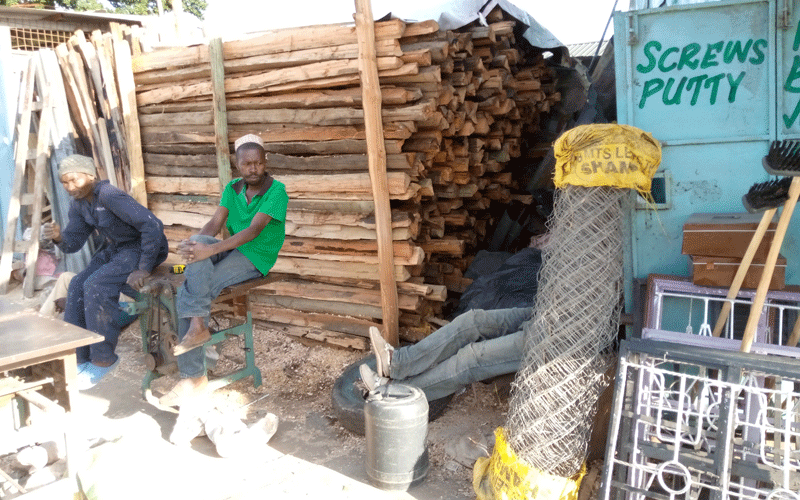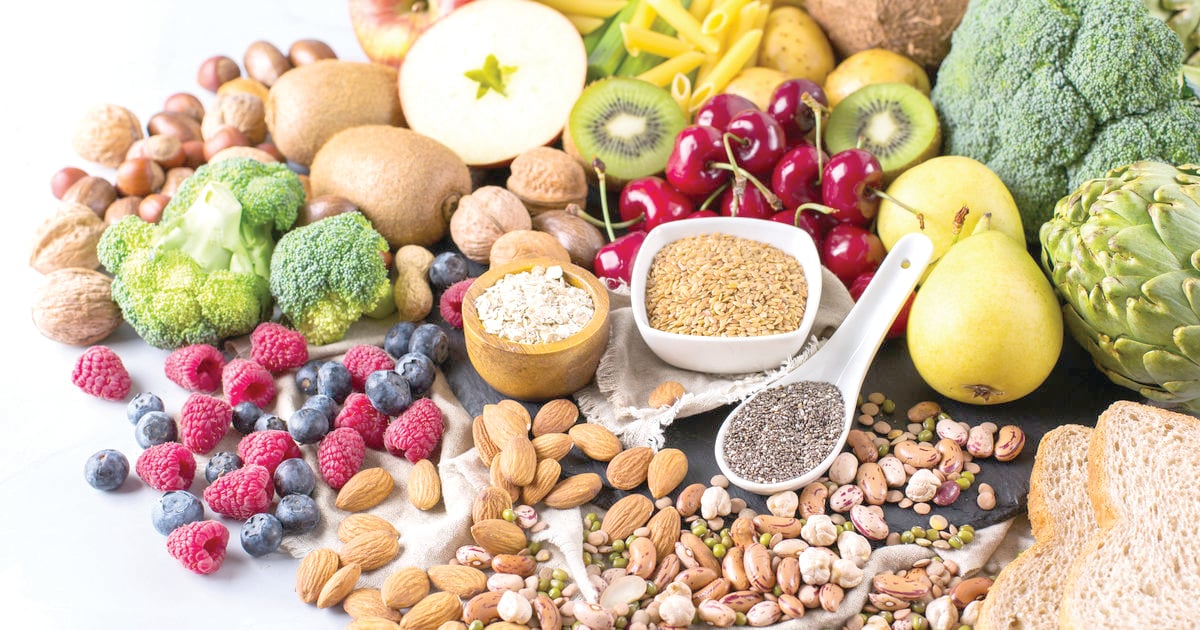Transport restrictions spells doom for hardware business

Owners of hardware shops that deal with building material are yet to come to terms with the devastating impact of inter-county travel restrictions announced by President Uhuru Kenyatta two weeks ago.
War on coronavirus saw movement in and out of the Nairobi and its environs banned as Uhuru also cut off Mombasa, Kilifi and Kwale from the rest of the country as the State intensified efforts to stop the spread of the killer coronavirus pandemic.
By last weekend, operators of the outlets reported cancellation of orders by customers outside Nairobi City from locations in Ukambani and Mount Kenya.
Purply Hardware operator, Joseph Gitari, said orders placed by clients in Thika, Machakos and parts of Kiambu counties that are beyond the Nairobi Metropolitan area were cancelled.
“Long before the restrictions, I had been counting losses. The cost of materials has skyrocketed, but efforts to pass the same to customers have met serious resistance,” he said.
Gitari would not quantify the cost per item, but wearing a forlorn face, the trader estimated his losses at between 30 and 40 per cent for materials that range from nails, steel for construction, tiles, wood plunks and stone pebbles.

“Given the state of the low business caused by the pandemic, I have no alternative but to hike prices. I have financial loans to meet,” he said.
Indicators are that the industry, which was already on its knees, is about to face further difficulties.
The situation is expected to cascade across all major towns as buyers and sellers hold back their wallets for more urgent needs – food and medical costs.
Already, traders in major towns are experiencing the constraints brought about by fears in the markets. Most agents and developers have been forced to freeze activity as uncertainty continues to grip markets.
Credit taps closed
According to a Kenya Private Sector Alliance (Kepsa) report on the impact of coronavirus, 61.0 per cent of businesses reported that the coronavirus has had a direct negative impact on their businesses.
“Stock-outs and delayed deliveries due to the lockdown in addition to increased cost of goods increases the overall cost of production,” said Kepsa.
On the financing side, bankers have also frozen lending to developers, fearing the implications of the crisis on cash demands.
Operators have reported difficulties in obtaining credit from financial institutions as well as reduced ability to meet their loan interest payments.
For instance on a good day, Daniel Kamau would take home net sales of up to Sh100,000 at his Davisco Hardware outlet in the densely populated Estlands estate of Maringo, Nairobi.
Since the outbreak of the pandemic, sales have plummeted to an all-time low of Sh30,000 daily, making efforts to balance his books an uphill task.
“There is rent, electricity and security to be paid for the premises. The four workers need daily busfare and a wages at the end of the month.
This is in addition to paying my own personal and family needs,” said the youthful businessman.
Supply bottlenecks
As we talked, he kept looking out in all directions, hoping to see potential customers at the formerly crowded premises.
He has since run out of basic materials such as water pipes and taps, which are in demand for fitting on jerry cans for hand washing, now a government requirement in all businesses and public premises.
Kamau also complained of the added costs of sanitisers, water and soap for his staff and clients to keep washing their hands. “Each day I fear I may contract coronavirus from the cash I handle,” he says.
Before the outbreak, Kamau sourced materials from Asian suppliers in Nairobi who import them.
“They closed shop after the first case in Kenya was reported on March 13. Wholesalers and retailers like me have suffered,” he said.
The spread of the virus has disrupted the global supply chain and Kenya has not been spared either. Imports from China account for approximately 21 per cent of Kenya’s total imports and with the current lockdown, activities within the manufacturing sector are likely to be disrupted.
Lack of imports from China and South Korea could see prices of construction materials rise to exorbitant levels.
The low trade volumes is already being felt, according to Stanbic Bank’s Monthly Purchasing Manager’s Index (PMI) report having declined to 49.0 in February 2020 from 49.7 recorded in January 2020, mainly due to an economc slowdown.
A reading of above 50 indicates an improvement in the business environment, while a reading of below 50 indicates a worsening outlook.
According to its Quarter One 2020 Markets Review report released last week, Cytonn Real Estate expects a decline in transaction volumes and an overall dampening of the real esate sector’s performance going forward due to the global pandemic.
“Our outlook for the residential sector remains neutral, but a high demand for affordable housing and rapid population growth will sustain the sector,” Cytonn said.
In the densely populated Kibra slum, Nairobi, Osiepe Hardware Operations Manager, Edwin Obiero, is keeping his fingers crossed on fears that he might catch the dreaded virus. His customers hardly adhere to the social distancing rule.
Instead of selling construction materials, Obiero’s new task is to preach the social distancing and hand washing doctrines, which has seen residents from the huge slum dwindle by the day.
Customers buy materials to carryout simple repair works, construction of churches and extension of slum premises.
He says the high costs are keeping them away. “Tutarudi corona ikiisha (We will be back after coronavirus is contained)” is a common goodbye message Obiero has come to accept from many customers.















